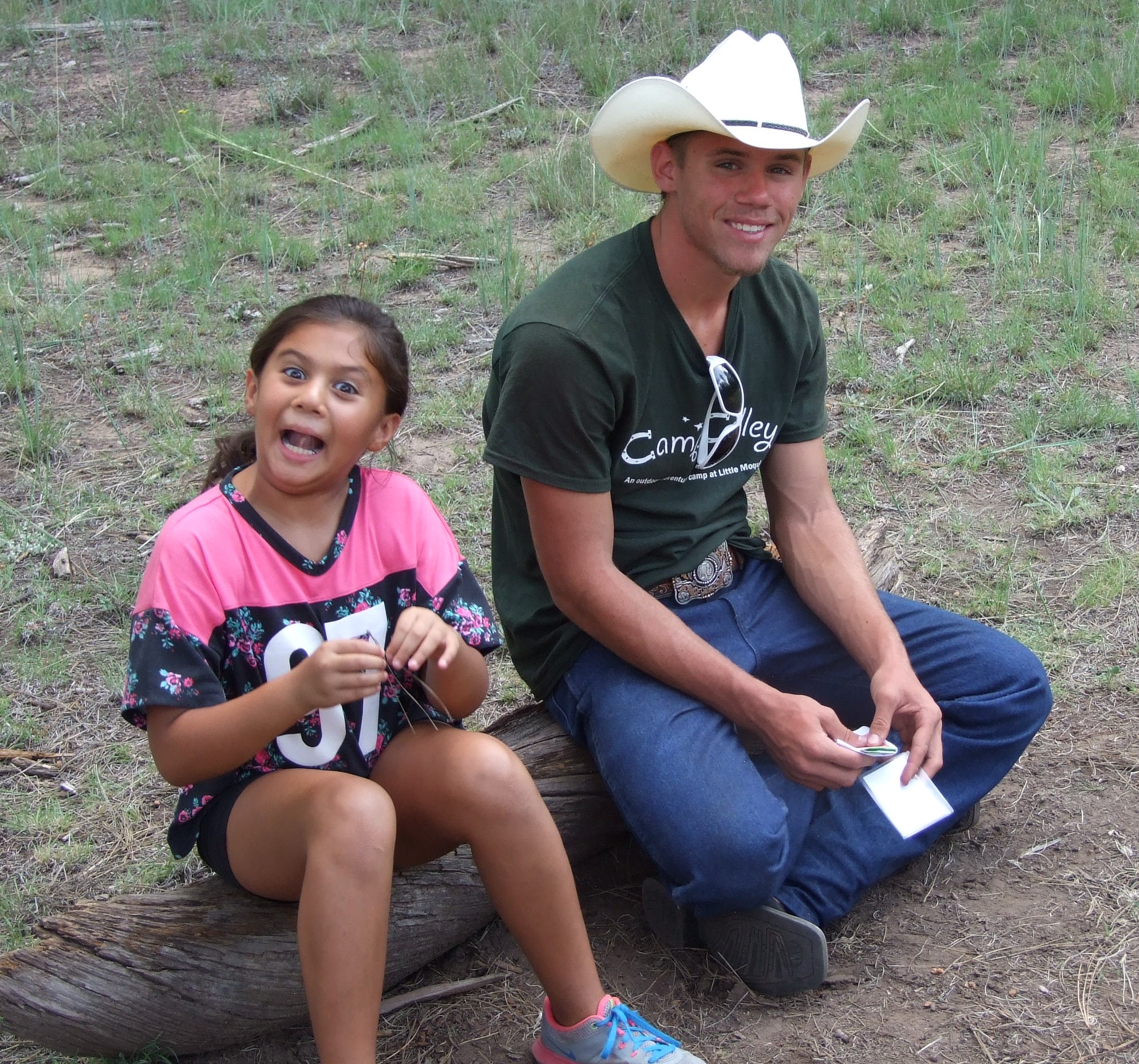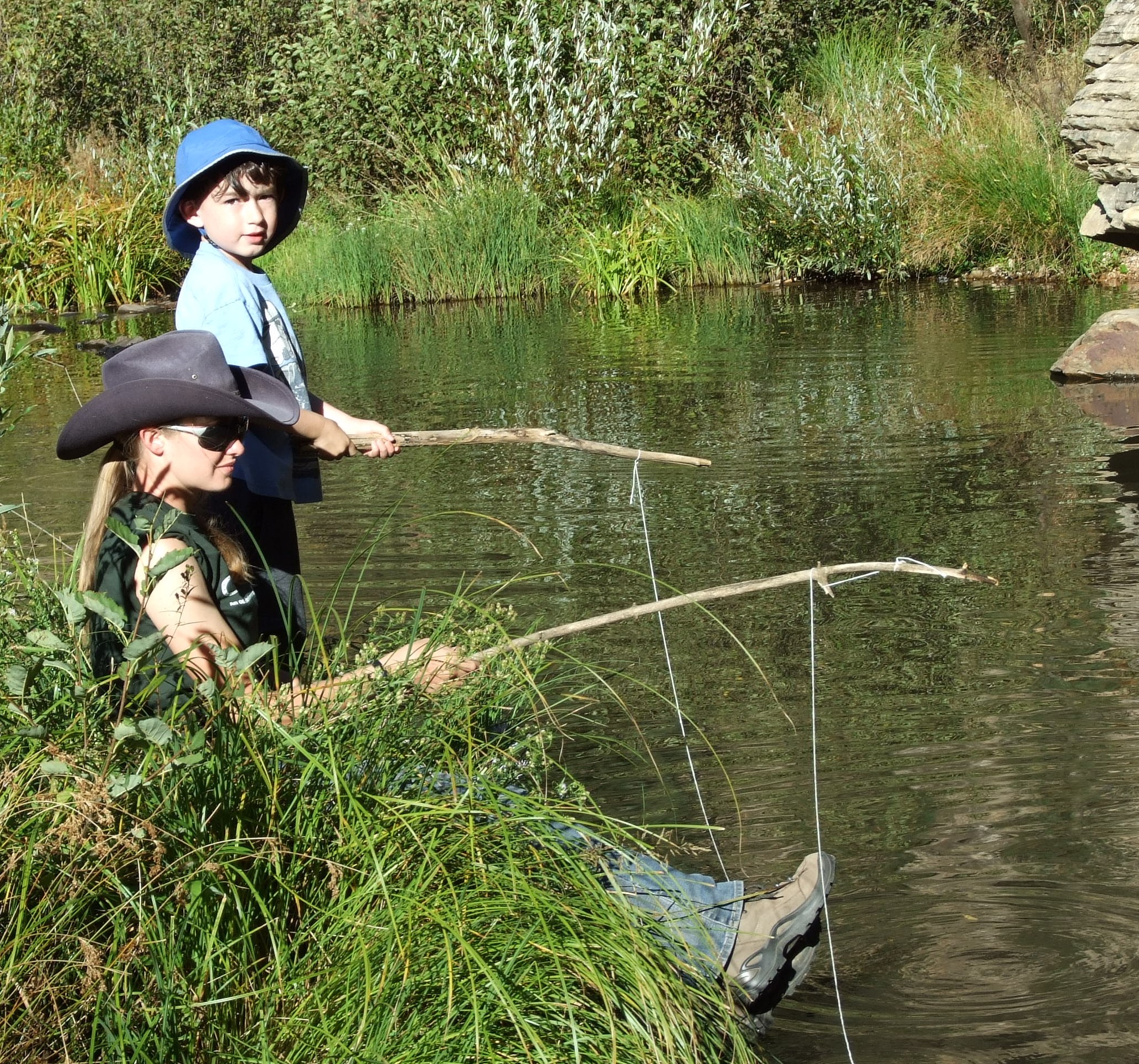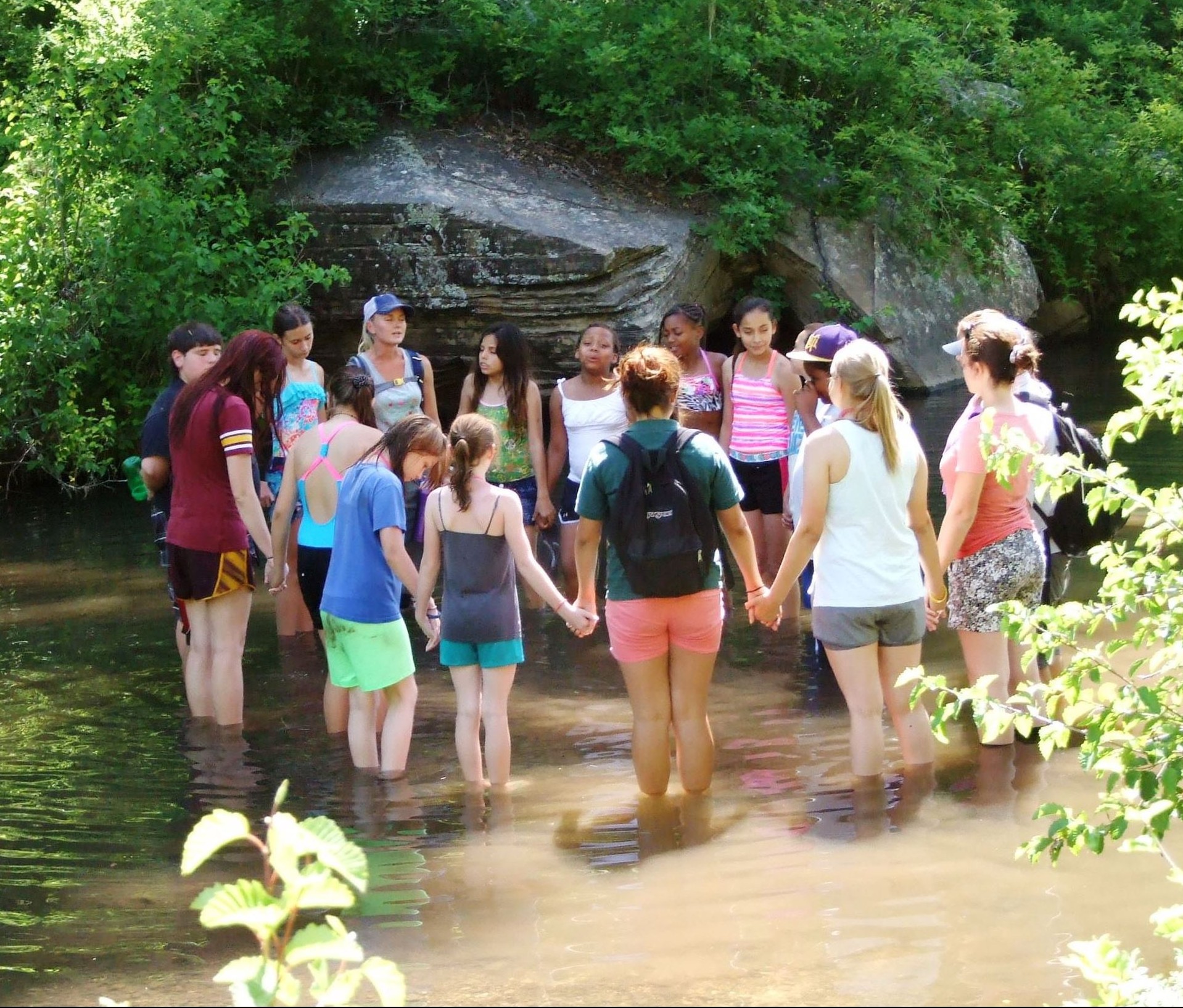by Kristen Whiteman, Research Intern



The effects of poverty, especially in regards to children, have been identified, studied and researched extensively as societies have sought ways to overcome this hardship. In a recent article in Academic Pediatrics (Chaudry & Wimer, 2016), the authors defined children living in poverty, in many cases, as “suffering the deprivation of basic needs by which to grow and come of age, facing diminished opportunities for success, and limited chances for full participation in their society’s growth and development.” Children of poverty not only have to contend with limited material resources, but they often face developmental and social challenges as a result of their circumstances also. As research on poverty and children has progressed, many prevention strategies for ameliorating the negative effects of economic hardship have surfaced. One such strategy was discovered in a study (Abelev, 2009) conducted to determine the factors that contributed to resilience in 48 African American academically successful adults who had been considered “at-risk” youth. This study found that 46 of the 48 study participants had benefited from a material resource provided by a mentor, allowing these individuals to succeed in educational, and ultimately for many, professional pursuits. Many of the mentors were coaches, teachers or school administrators who were able to provide connections to resources that individuals were not aware of. Others were family members, family friends, work and school associates, and concerned members of the community who provided access to academic and career opportunities. Almost all of these study participants had been helped in some way by at least one person taking the time to care and teach, allowing an “at-risk” youth to realize that they had prospects for progression.

Many at-risk youth stand in need of emotional and social resources as well as the material resources discussed in study above. Mentoring is an effective way to provide the emotional and social support these youth lack. Kyunghee, Mi Jung, Tae Hee & Alcazar-Bejerano (2015) found that the families of the youth participating in a mentoring program gained self-esteem as a family and that the mentees felt more socially competent after the program. These findings confirm that that youth and their families benefit materially, socially, and emotionally from the mentors- or caring adults- in their lives.
In 2015, Camp Colley began a partnership with Arizona Call-A-Teen Youth Resources (ACYR) to expand mentoring opportunities to older youth, aged 16-24. This job-training program provides development opportunities to “disconnected youth”, or those who are neither in school or employed. The 6-week culinary program at Camp Colley helped 12 youth get their food handlers license and then taught them food safety, preparation, and presentation in the camp kitchen under supervision of a professional cook. In addition to teaching job skills, our program provides the opportunity for the students to build meaningful relationships with the camp staff and each other. These relationships can provide emotional and social support as well as connect these individuals to other resources they need to become contributing members of our community.
You can support Camp Colley mentorship efforts as a financial sponsor, volunteer at Camp in Payson, or volunteer in the Phoenix office. Mentoring affords opportunities for youth and adults to become stronger and more resilient as they access previously unknown resources and abilities. We all have resources we can share. How can you partner with Camp Colley to make a difference in someone’s life?
Hyperlinks:
http://www.childrensdefense.org/library/data/child-poverty-in-america.pdf
References:
Abelev, M. S. (2009). Advancing out of Poverty: Social Class Worldview and Its Relation to Resilience. Journal Of Adolescent Research, 24(1), 114-141.
Chaudry, A., & Wimer, C. (2016). Child Poverty–Destruction of the Nation’s Human Capital: Poverty is Not Just an Indicator: The Relationship Between Income, Poverty, and Child Well-Being. Academic Pediatrics, 16(Supplement), S23-S29. doi:10.1016/j.acap.2015.12.010
Kyunghee, L., Mi Jung, K., Tae Hee, P., & Alcazar-Bejerano, I. L. (2015). Effects of a Ubiquitous Mentoring Program on Self-Esteem, School Adaptation, and Perceived Parental Attitude. Social Behavior & Personality: An International Journal, 43(7), 1193-1208.
